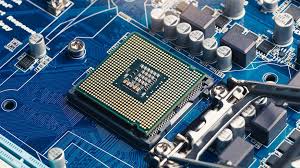The European Union’s master plan to increase semiconductor production received final approval from its member states on Tuesday, paving the way for a mammoth drive to reduce the bloc’s reliance on Asia for computer chips necessary for everything from washing machines to autos.
The EU’s Chips Act, which will channel $47 billion (43 billion euros) in public and private funding and permit state help for the continent’s semiconductor industry, was approved by the ministers of the European Council. By raising the 27-nation bloc’s share of global semiconductor production to 20% by 2030, EU leaders hope to utilize the money to launch significant investments in new chip manufacturing sites.
The COVID-19 epidemic exposed Asia’s important position in producing the majority of the world’s semiconductors, which led to prolonged shortages of automobiles, smartphones, and medical equipment.
Governments in the West are attempting to wean themselves off Asia. In addition to Britain’s $1.2 billion chip plan, the United States introduced its own $52 billion Chips Act. Aim-stretching investment plans for Europe have been revealed by companies like Intel.
Chips are integrated circuits that are placed in a semiconductor, a material that can control the flow of electricity, most notably silicon. It’s common to use the phrases “chip” and “semiconductor” interchangeably.
Following its publication in the European Union’s Official Journal, the EU Chips Act will go into effect.

















